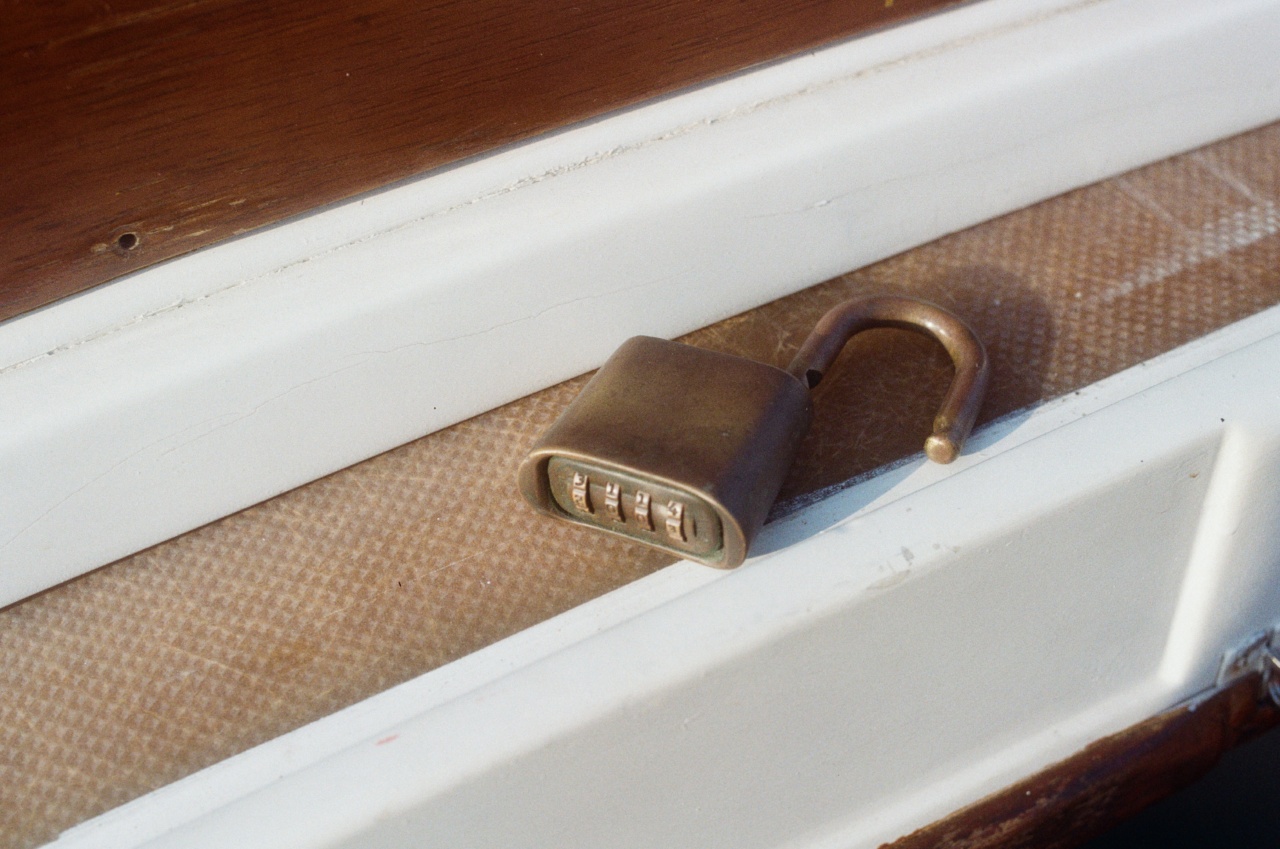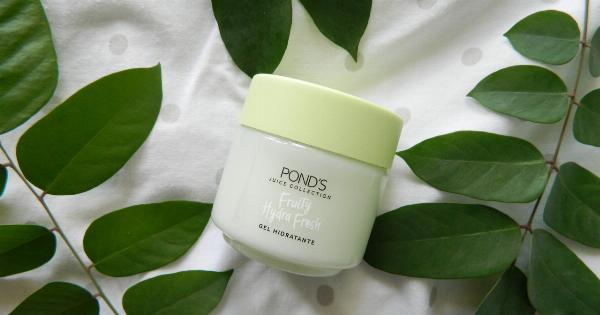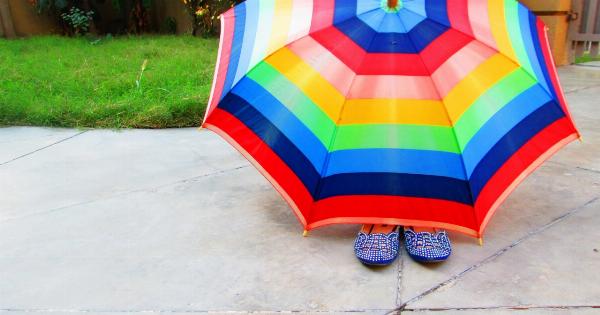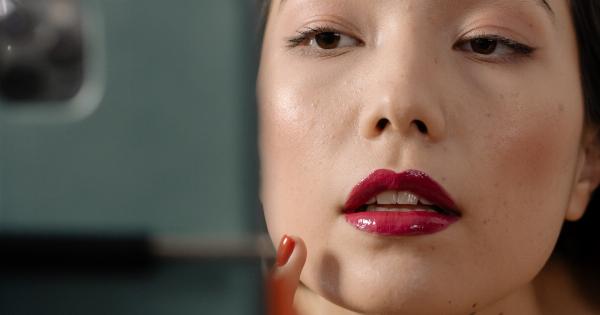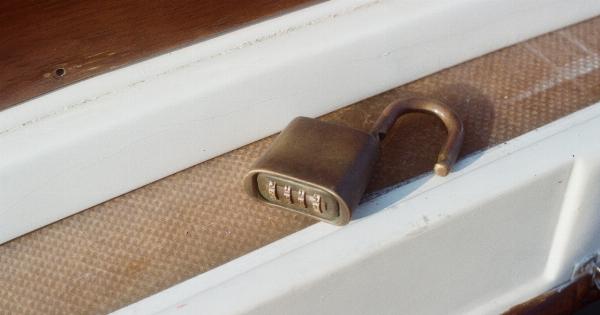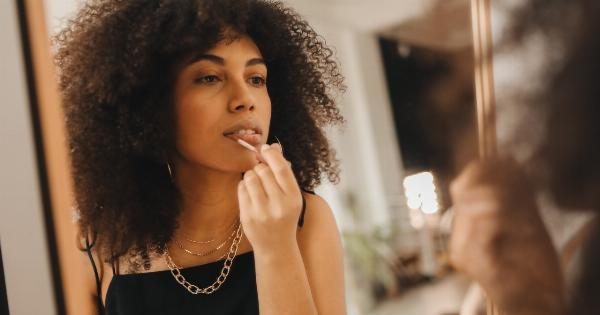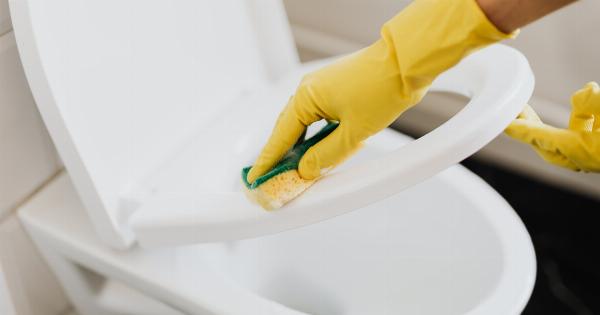The sun’s ultraviolet (UV) rays can be harsh on your skin, including your lips. Excessive sun exposure can lead to dryness, chapping, and even skin cancer.
That’s why it’s crucial to protect your lips from the sun, just like you would protect the rest of your body. Below, we have compiled the best ways to shield your lips from the harmful effects of the sun.
1. Use a Lip Balm with SPF
One of the easiest ways to protect your lips from the sun is by using a lip balm that contains SPF (Sun Protection Factor). Look for a lip balm with at least SPF 30 and broad-spectrum protection, which shields against both UVA and UVB rays.
Apply the lip balm generously and reapply every two hours or after eating or drinking.
2. Wear a Wide-Brimmed Hat
In addition to using a lip balm with SPF, wearing a wide-brimmed hat can provide extra shade and protection for your lips. The hat’s brim will create a physical barrier between your lips and the sun, minimizing sun damage.
Opt for a hat with a brim that is at least three inches wide for optimal protection.
3. Seek Shade
To give your lips a break from direct sun exposure, seek shade whenever possible. This is especially important during peak sun hours, typically between 10 a.m. and 4 p.m.
If you’re spending a day at the beach, bring along an umbrella or a beach tent to create your own shade oasis.
4. Avoid Reflective Surfaces
Reflective surfaces, such as water, sand, and snow, can intensify the sun’s rays and increase your chances of lip damage. Be extra cautious when spending time near these surfaces and take additional measures to protect your lips.
Wear a lip balm with a higher SPF and reapply more frequently to counteract the reflection.
5. Stay Hydrated
Maintaining proper hydration is not only important for your overall health but also for the health of your lips. When your body is properly hydrated, your lips are less likely to become dry and cracked.
Drink plenty of water throughout the day, especially in hot conditions or when engaging in outdoor activities.
6. Limit Sun Exposure
Although it might be tempting to spend hours under the sun, extended sun exposure increases your risk of lip damage. Set a time limit for sun exposure and make sure to take breaks in the shade.
By limiting your time in the sun, you can minimize the harmful effects on your lips and protect them from sunburn and premature aging.
7. Use Protective Clothing
In addition to wearing a wide-brimmed hat, using protective clothing can offer an extra layer of defense for your lips. Opt for lightweight, long-sleeved shirts, pants, and skirts made of tightly woven fabrics.
These garments will prevent the sun’s rays from directly reaching your lips and skin.
8. Apply Natural Remedies
Some natural ingredients possess sun-protective properties and can be used to nourish and shield your lips. Look for lip products that contain natural oils like coconut oil, shea butter, or almond oil.
These oils provide moisture as well as a mild level of sun protection.
9. Avoid Certain Lip Products
Some lip products can actually increase your lips’ vulnerability to the sun. Avoid using lip balms or lipsticks that contain citrus ingredients, as they can make your skin more photosensitive.
Instead, opt for fragrance-free and hypoallergenic lip products to minimize the risk of sun damage.
10. Regularly Exfoliate and Moisturize
Exfoliating and moisturizing your lips on a regular basis can help maintain their health and prevent dryness or chapping. Use a gentle lip scrub to remove dead skin cells, then apply a nourishing lip balm or moisturizer.
Well-moisturized lips are less likely to crack or suffer from sun damage.
